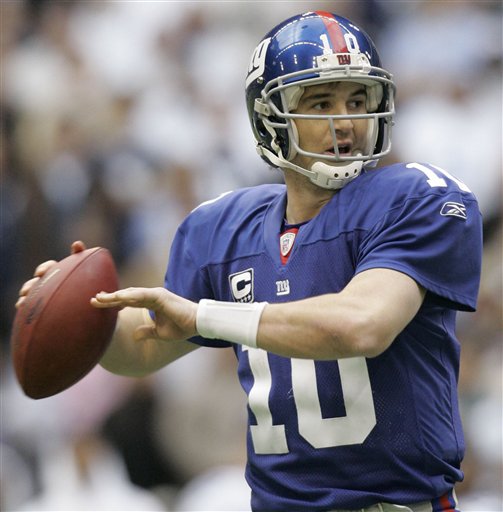Like many folks, Dani and I used to get together with a bunch of friends each year to watch the Super Bowl. And the event rarely lived up to the hype. While it was fun to hang out and exchange snarky comments about the half-time show, I never really ended up watching the game. Now I prefer to stay home, quietly watch (which I remind Dani is the last football game for 6+ months) in my recliner and make snarky comments about the halftime show online.
On the menu at our house this year was baby back ribs, baked potatoes and jalapeno poppers. Unhealthy eating and the Super Bowl go hand-in-hand. 
In an attempt to exploit every possible Super Bowl storyline, ESPN rehashed one of their favorite investigative journalism methods and ran a profile on food safety at Indianapolis host site Lucas Oil Stadium.
Outside the Lines’" The File recently acquired 2011 Marion County health department inspection records for the 181 food and beverage outlets inspected at Lucas Oil Stadium and found that 25, or 14 percent, of the locations had critical violations that showed up during routine inspections. A 2010 "Outside the Lines" piece that examined food safety at all professional sports stadiums showed that about 7 percent of the vendors at Lucas Oil Stadium had racked up critical violations — problems that could lead to illness.
Among the violations found in the stadium were expired tomatoes and onions, a chef who didn’t wash his hands, a microwave covered in gunk, gnats in an onion bin and hamburger patties toiling in a steamer at lukewarm temperatures — a situation ripe for bacteria.
Expired tomatoes and onions? What does that mean?
Handwashing problems and not-so-hot-holding of cooked burgers are problems. Both actions have led to illnesses recently.
In a predictable turn, coverage went from the risky to yuck factor:
Lucas Oil Stadium first came under scrutiny over food practices in 2009, when a local TV station reported 42 critical food safety violations, including several that cited examples of dead mice or mice droppings near food and meal-preparation surfaces — even in an oven — and live mice running through a loge-level kitchen. The head of the county’s food safety program at the time said there was a "widespread rodent problem."
Not to be left out of the discussion, International Business Times also ran a story about food safety – this one about an illness that MVP Eli Manning’s had a couple of weeks ago. Although reported at the flu, a New York State MD, Dr. Gerald Deas thought that it was more likely that Eli was suffering from an E. coli infection.
The quarterback may be getting ready to run his team’s offense Sunday in the 2012 Super Bowl, but in the days running up to the Giants’ 20-17 win in San Francisco on Jan. 23, he likely had E. Coli, according to Dr. Gerald W. Dean of New York.
The medical doctor wrote in a Feb. 1 column in Frost Illustrated, a local Indianapolis-area newspaper, that his professional opinion was that was sick with E. Coli, despite the fact that it was reported that he had the flu.
"A few days prior to the battle of the Giants with the San Francisco 49ers, Eli Manning was struck in his gut with a bacteria known as E. coli. It was reported in the press thathe had had a bout with the flu, which I doubted," Dr. Dean wrote Feb. 1 in Frost Illustrated. "It was further reported that he missed practice for the big game due to running back and forth to relieve himself, which could have been diarrhea."
Dr. Dean goes on to say that as he examined press photographs and videos of Eli Manning in the days leading up to the NFC Championship "it was obvious that he was washed out and looked totally dehydrated, which diarrhea can cause."
"Personally, I think all superstars, whether they be man or animals should be carefully monitored for drugs, diet and drinking habits before championship games or races," Dr. Dean wrote. "Millions of dollars are being bet on the outcome of a particular event and something like a simple bacteria such as E. coli can change the outcome of a sporting event and its participants."
Uh, yeah, that’s some nice detective work there. Could have been noro as well.
